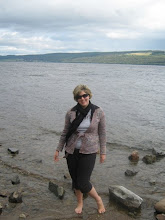Rowland Files
I am a fourth year student at Missouri State University. I spent the 2009-2010 academic year abroad in the United Kingdom and in Ghana. I will spend this year studying in Puerto Rico and in China. My blog will detail some of the experiences that I have while traveling.
